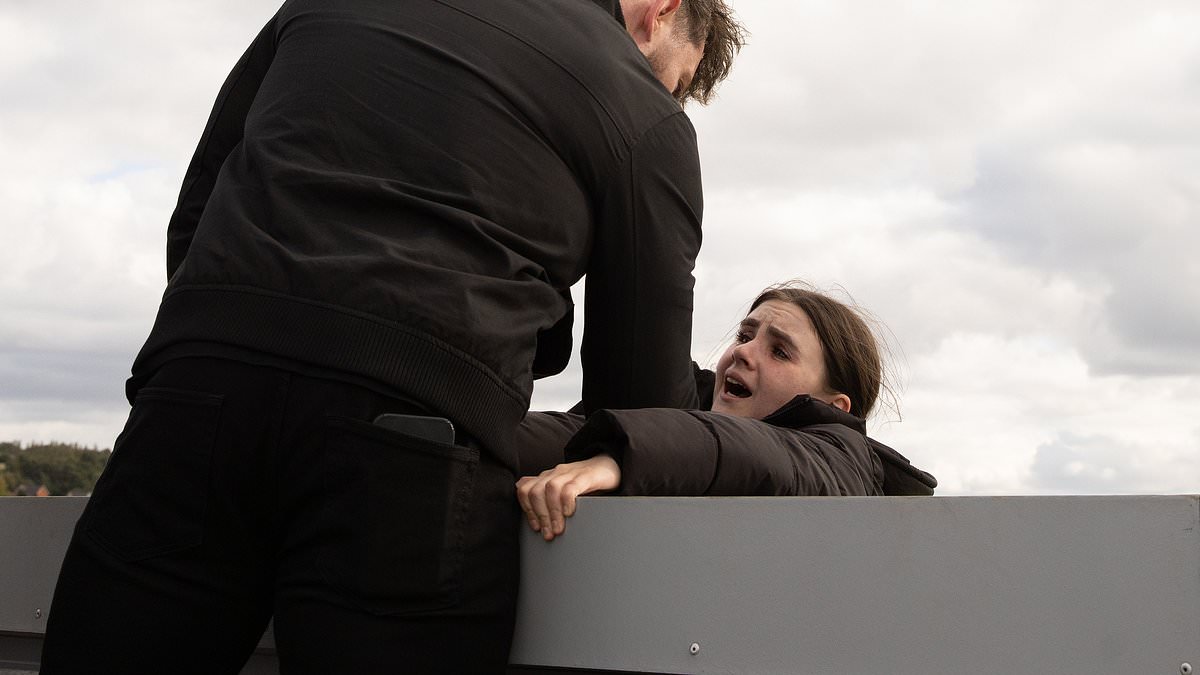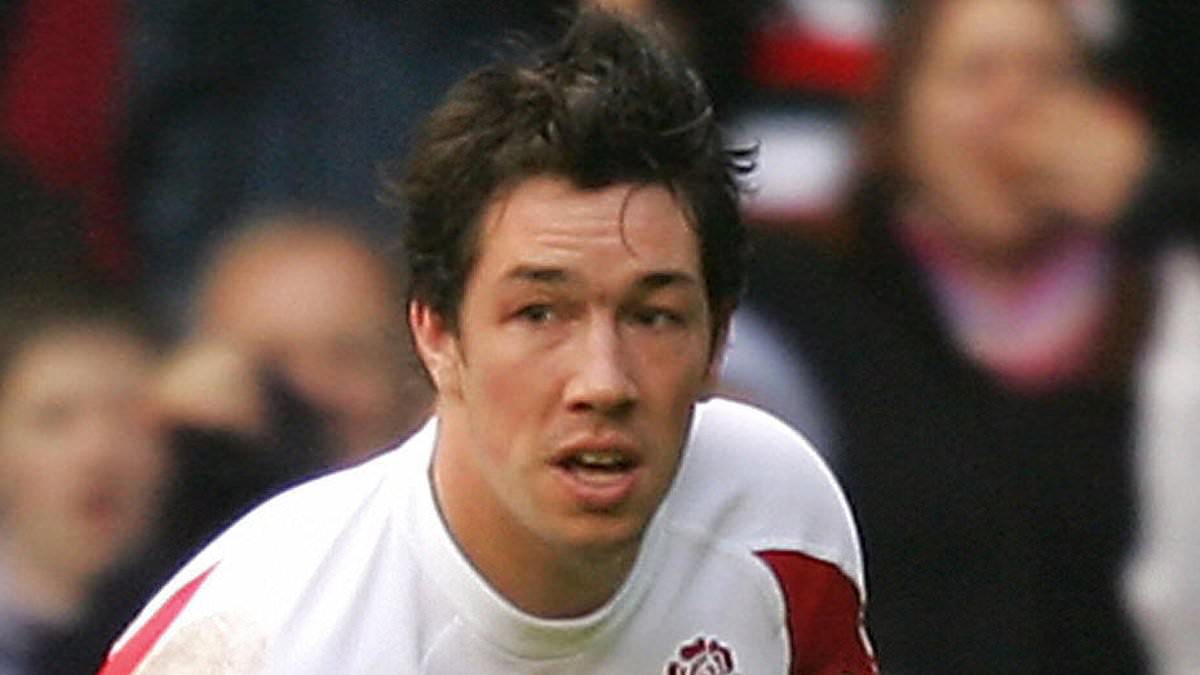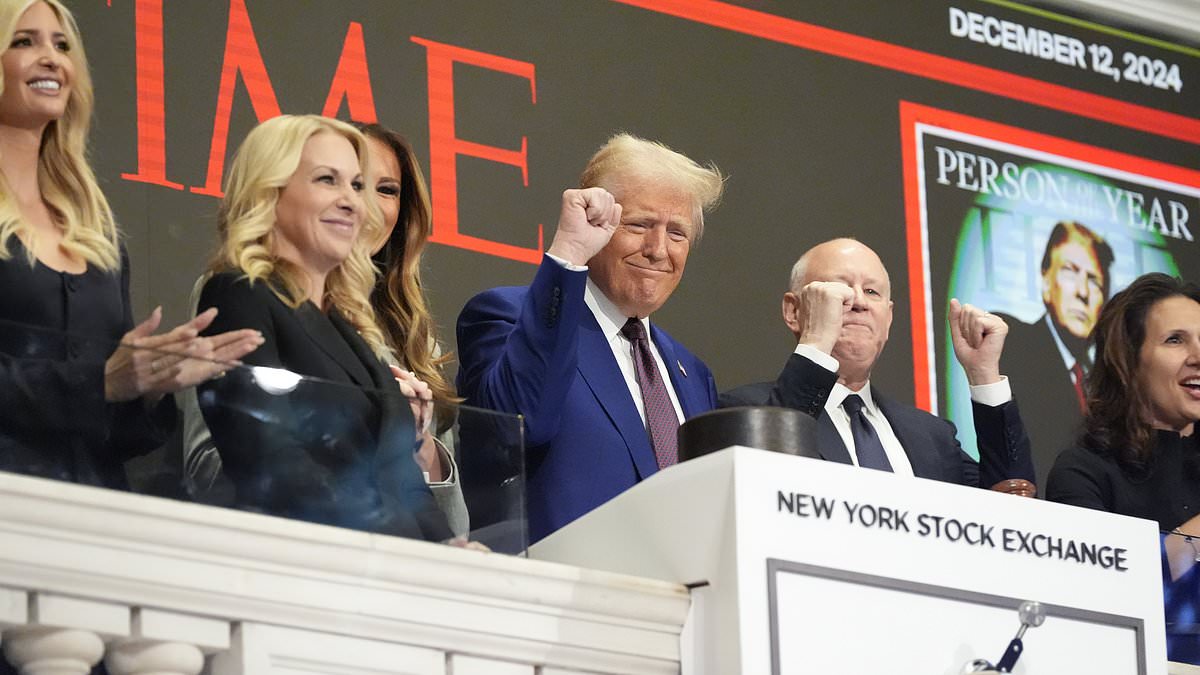Young men are using testosterone replacement therapy (TRT) to hit their body goals and documenting their dramatic physical transformations on TikTok under the hashtags ‘testosteronemaxxing’ and ‘testmax’.
TRT – which involves administering regular doses of artificial testosterone – is typically prescribed to men aged 50 or above, or those with extremely low levels of the male sex hormone.
However, a recent Dazed report highlighted how it is also now being used by those as young as 18 to enhance their physical appearance, while also advocating its mental health benefits.
This trend has been dubbed ‘testosterone-maxxing’ – spawned from the ‘looks-maxxing’ movement – with the outlet reporting a surge in the interest around TRT as a magic pill solution to looking fitter and ‘more jacked’ on social media platforms.
The unregulated use of hormone therapy among healthy, relatively young men has many of the markers of the Ozempic phenomenon that rebranded the diabetes drug as a weight loss treatment so popular, off-label prescriptions for semaglutide triggered a global shortage.
Joseph Wells, a qualified personal trainer, told the outlet he started taking TRT when he was 18 – despite never having been diagnosed with hypogonadism or testosterone deficiency syndrome (TDS).
Instead, the 23-year-old admitted, he was insecure about his ‘lanky’ frame and wanted to look bigger and beefier.
‘I just wanted to get more jacked,’ Wells said. ‘But, quite frankly, it’s not something I regret. It helps your recovery, build more muscle.’

Young men are using testosterone replacement therapy (TRT) to hit their body goals and documenting their dramatic physical transformations on TikTok

Former boyband star Duncan James, now 46, detailed how TRT ‘completely transformed’ his life in a one-minute clip posted on his Instagram account, with the testimonial doubling up as a referral for the Prime Life Clinic in the UK

The unregulated use of hormone therapy among healthy, relatively young men has many of the markers of the Ozempic phenomenon
Today, Wells uses his online platform to talk about his journey with ‘testosterone-maxxing’ – including injecting himself with 1,260mg of testosterone every week (about 10 times stronger than the standard dose) in order to maintain his chiseled physique.
And he’s not the only male ‘hormone optimisation influencer’ on TikTok, where creators like Jason Manteit, Kade Martinelli, and Tyler Hendricks share the symptoms of TDS, advice for administering injections, as well as the names of private clinics offering TRT.
They espouse the benefits of higher levels of testosterone – including greater physical strength, a deeper voice, and fuller beards – as well as improved focus, better mental health, and an increased libido.
TikTok users like Wells, Manteit, and Martinelli (known as @Kmart_fit) espouse these benefits in their videos about TRT, while outlining ‘signs of low testosterone in men’.
‘Low sexual drive, erectile dysfunction, weight gain, short-term memory loss, anxiety, depression, no ability to grow facial hair, also very little progress in the gym – even though you’re doing everything you need to be doing,’ Martinelli counts them off in one of his videos.
The ‘hormone optimisation’ influencer – who started injecting testosterone when he was 21 – advises getting a blood test if you have any of these symptoms because they ‘most likely’ mean you have TDS.
However, they could just as well be indicators of a host of other health conditions.
Meanwhile, Wells admits his hormone levels were ‘always fine’ and that ‘I chose to go on TRT’ in one of his posts, with the body builder telling his followers he has no intention of ever being ‘natty’ – or natural – again.

TikTok influencers promoting TRT espouse the benefits of higher levels of testosterone – including greater physical strength, a deeper voice, and fuller beards – as well as improved focus, better mental health, and an increased libido
‘I’m choosing superhuman test levels every single time,’ he adds.
A thread of self-improvement also runs through most content about ‘testosterone-maxxing’ on TikTok, suggesting that committing to this lifestyle can make you a ‘high level man’.
In one of his clips, ‘testmaxxer’ Manteit tells his 75,000 followers about he used to be a ‘pill-popping, Durry-smoking, lanky piece of s***’ before he turned his life around.
Martinelli, 25, on the other hand, informs his followers that ‘some of the world’s best entrepreneurs…all take testosterone to increase their energy levels so they can accomplish their goals.’
He cites the examples of Joe Rogan, Ed Mylett, and Tony Robbins – all over the age of 50 – in his TikTok captioned: ‘Why high-level men are on TRT.’
Spotify star Rogan opened up about his experience with TRT during a 2018 episode of his hit podcast Joe Rogan Experience, noting he began the treatment when he was 40 and it ‘makes a big difference’.
Discussing the stigma around low levels of naturally-occurring testosterone, he said: ‘All that matters is that you have it in your system. If you don’t have it in your system, you’re not going to feel as good.’
Take That star Robbie William has openly shared how the treatment gave him a ‘new lease of life’ after he was diagnosed with the testosterone levels of an 80-year-old man.
Testosterone production in men peaks in their late 20s and begins to decline by one per cent every year after turning 30.
The Guardian reported that as many as 10 per cent of men between the ages of 40 and 60 have low testosterone – with that figure rising to 20 per cent among those aged between 60 and 80. Over a third of all men over the age of 80 will be diagnosed with low testosterone.

Spotify star Rogan opened up about his experience with TRT during a 2018 episode of his hit podcast Joe Rogan Experience
This suggests the rise of ‘testosterone-maxxing’ among men in their early 20s has less to do with endocrinology and more to do with a push to reclaim traditionally-held standards of masculinity.
Debbie Ging, a professor of digital media and gender at Dublin University, told Dazed: ‘To be clear, in patriarchal societies there has traditionally been an onus on men to be physically strong. This had changed recently, with greater acceptance of other ‘softer’ variants of masculinity.
‘The manosphere is explicitly about pushing back on what they would see as emasculated ‘soyboys’, and the focus on physical strength and prowess – under the guise of wellness – is a key part of this.’
A report in The Guardian found that there has been an increase in the number of men wanting to increase their testosterone levels in the US, after seeing adverts for a booster drug called Ageless Male.
‘When did it become OK for men to become softer, lazier, and weaker,’ the company asked.
They also offered a free month’s trial if customers texted the promo code ‘wimp’ to a hotline number.
The newspaper also highlighted that NHS prescriptions for testosterone increased by 20 per cent between 2013 and 2017 in the UK, with high-street pharmacy Superdrug telling the newspaper the requests for at-home tests kits has surged in recent years.
An investigation by The Mail on Sunday discovered that the number of Facbook ads promoting TRT in the UK has risen dramatically in the past two years.

Experts have warned against young men using TRT since most safety studies have been conducted on older patients – making it difficult to conduct a risk assessment.
There were 32 ads between 2018 and 2022, with the tally soaring to 6,000 in 2023.
So far, in 2024, there have been nearly 50,000 such promos.
Former boyband star Duncan James, now 46, detailed how TRT ‘completely transformed’ his life in a one-minute clip posted on his Instagram account, with the testimonial doubling up as a referral for the Prime Life Clinic in the UK.
Now, influencers are disseminating the nitty-gritty of how to access TRT treatment, including sharing the details of private health care providers and ‘underground’ labs – creating the perfect storm for unregulated abuse in pursuit of manliness.
Creators like UK-based Wells advise their followers interested in trying TRT to meet their body goals against routing their requests through the ‘clueless’ NHS and seeking private treatment instead.
The Mail on Sunday reported that most clinics offer the hormone for a monthly fee of about £50, plus initial set-up costs of between £40 and £200.
However, experts have called into question the reliability of these tests, with London-based hormone expert Dr Paul Jenkins telling the newspaper that hormone levels ‘fluctuate’ throughout the day.
Some private practices do not require a blood test before sharing a TRT prescription, nor do they advise on the proper dosages or the length of the treatment – making it easy for ‘test-maxxers’ to pump their bodies with potentially dangerous doses.
Experts have warned against young men using TRT since most safety studies have been conducted on older patients – making it difficult to conduct a risk assessment.
Meanwhile, it is known that TRT can cause side effects such as hair loss, acne, an enlarged prostate, and fertility problems, while also increasing the risk of blood clots and cardiovascular diseases.
It can also undo many of the physical benefits that draw people to TRT in the first place.
Speaking to The Guardian, Wiebke Arlt, an endocrinologist at the University of Birmingham, also pointed out that the human body uses testosterone to make the female sex hormone estrogen.
This means that the prolonged use of steroids can actually cause estrogen levels to spike, causing the body to retain water and grow breast tissue.
‘Big muscles, a big heart and big boobs,’ Arlt summarised the after-effects.
‘Maybe not the intended result.’










